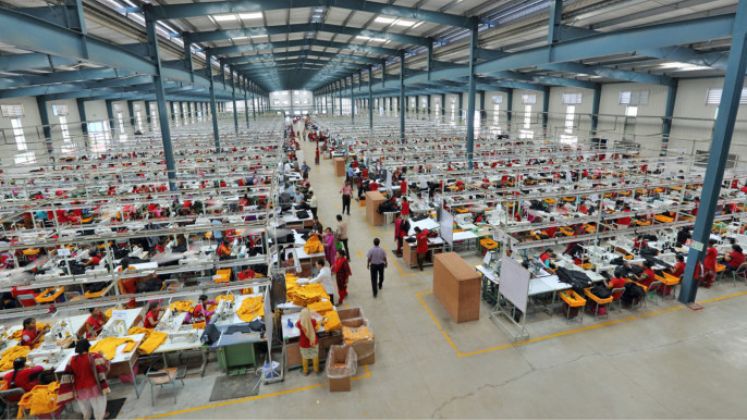
The opening of import letters of credit (LCs) for products such as capital machinery fell in fiscal 2023-24 compared to the previous fiscal year, owing to decreasing demand caused by inflation and the prolonged dollar crisis.
According to central bank data, LCs worth US $ 68.69 billion were opened in FY ’24, a modest increase from the previous fiscal year.
However, a sector-by-sector study of import data reveals that LC openings for consumer products fell by 12 per cent in FY ’24, while capital machinery fell by 11 per cent, intermediate goods by 18 per cent, and petroleum by 4 per cent compared to the previous fiscal year. Imports of other products, however, surged by 13 per cent.
Bankers and economists blame the fall to the dollar crisis, which prohibited dealers from importing products in response to demand. Throughout the year, numerous entrepreneurs sought to open LCs for a variety of items, but they were unable to do so because banks lacked sufficient funds.
Furthermore, the country’s overall demand fell as a result of greater inflation over the previous year. As a result, imports of capital machinery and intermediate items declined, as did production.
Syed Mahbubur Rahman, managing director and CEO of Mutual Trust Bank, said that import LC openings decreased due to the dollar crisis and reduced demand. “The decline in the import of capital machinery indicates less new investment in the country or business owners not expanding their operations. This decrease in investment has also led to insufficient job creation over the past year.”
He further said, “Another reason for the decline in the import of intermediate goods is that producers have not been operating at full capacity. Consequently, fewer jobs were created, and many workers were laid off.”
Among intermediate goods, the import of RMG products like raw cotton, textiles and articles thereof, staple fibre, and dyeing and tanning materials decreased, except for yarn.






